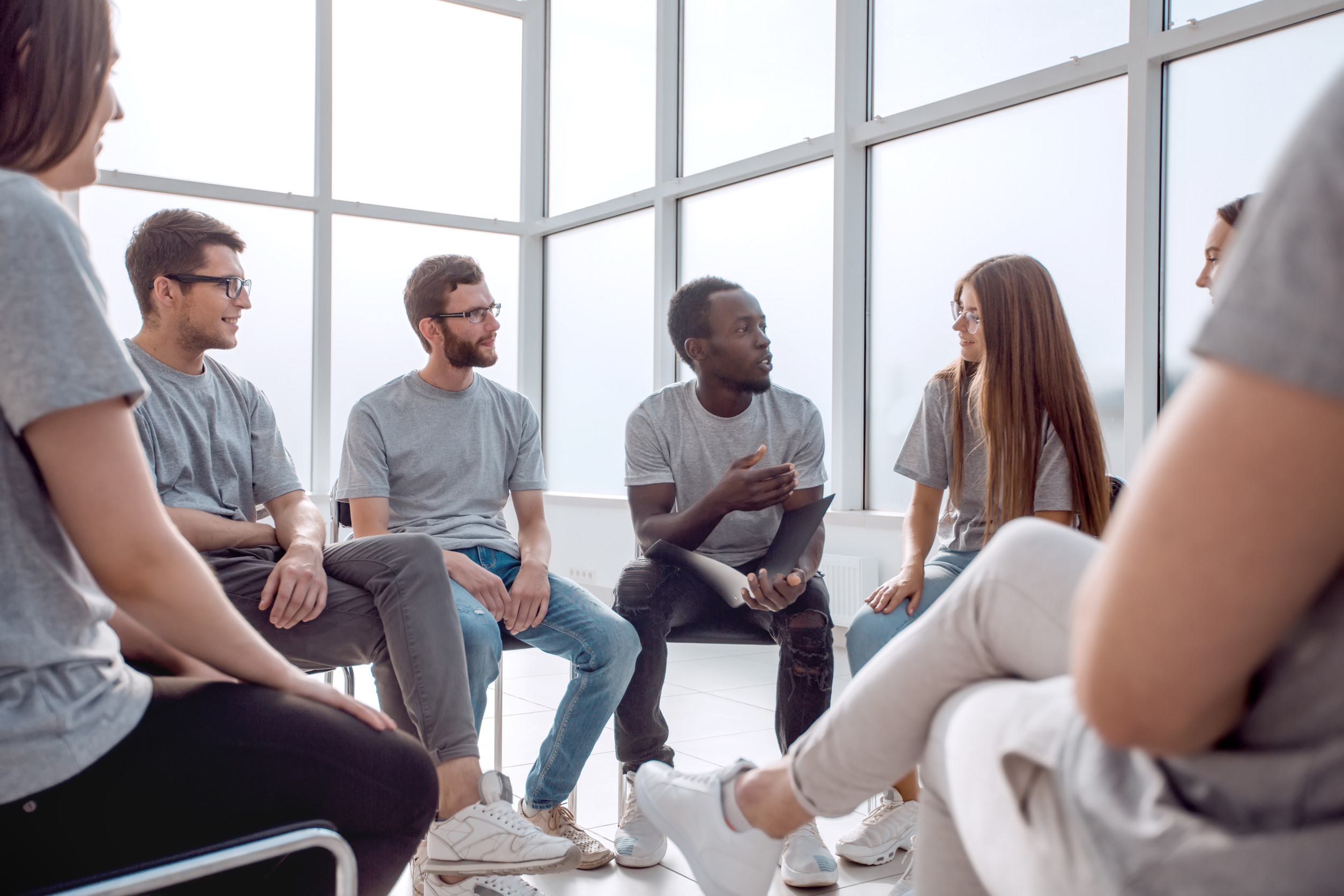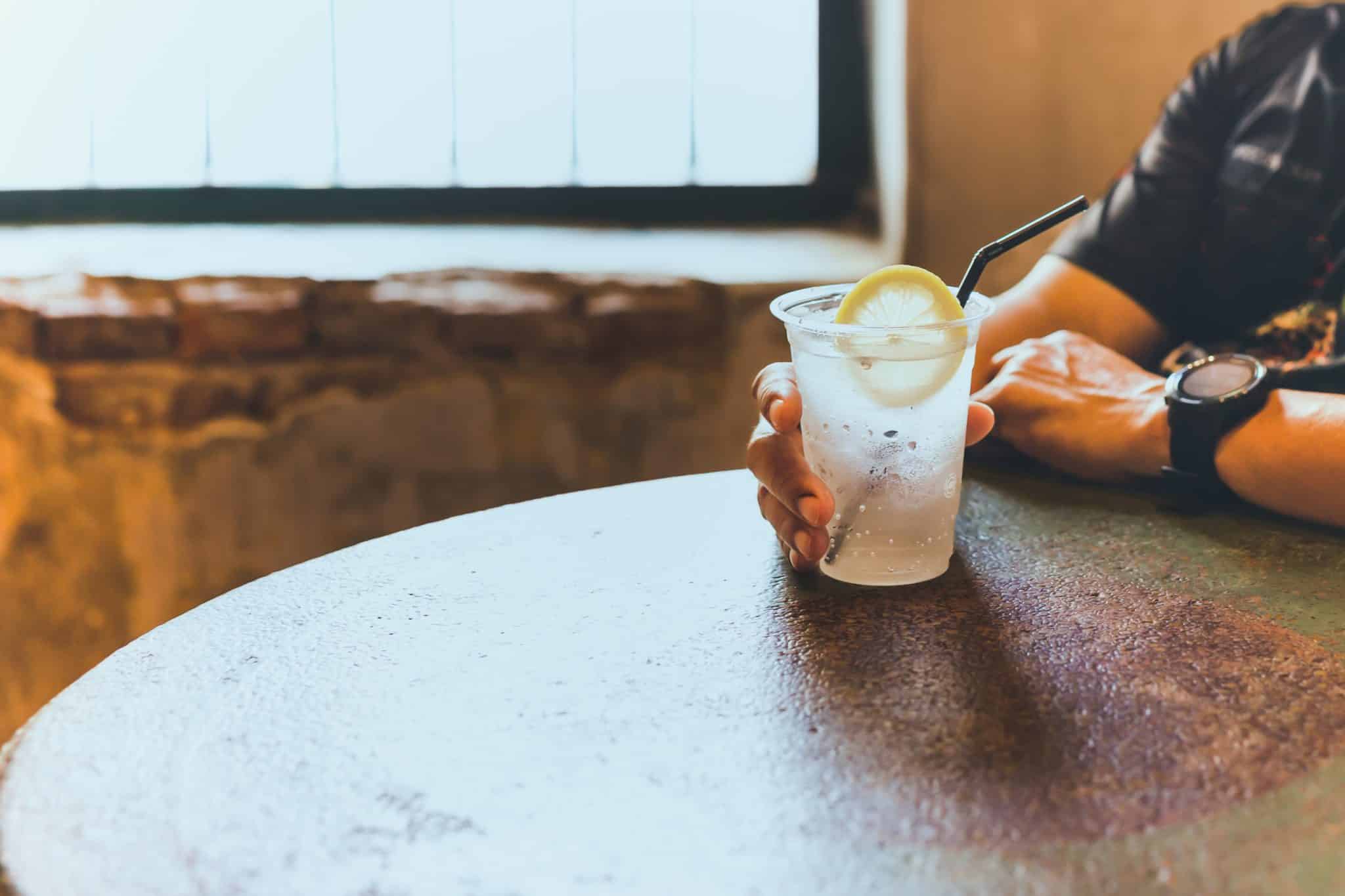Image Credit: edhar/123rf.com
In recent years, collective healing has emerged as a transformative approach to mental well-being, emphasizing the importance of community in addressing emotional pain and trauma. This method encourages individuals to connect through shared experiences and mutual support, shifting the focus from solitary healing to communal care.
Collective healing acknowledges that many struggles are interconnected, stemming from broader societal issues such as racial injustice and economic hardships. By fostering an environment where individuals can share their stories and support one another, this approach promotes emotional growth and resilience.
The rise of anxiety, loneliness, and burnout in society has highlighted the need for more sustainable, community-based solutions, particularly among men who often feel pressured to suppress their emotions. Organizations like the Black Emotional Mental Health Collective (BEAM) and Still I Run are pioneering efforts to create inclusive support networks that facilitate collective healing. Beyond structured groups, community healing can be found in religious gatherings, cultural festivals, and traditional ceremonies, which provide opportunities for fellowship and reflection.
Various forms of shared healing exist, including group therapy and identity-based support groups. These settings not only help individuals process emotions but also cultivate empathy and mutual growth. The act of witnessing others’ struggles while being seen in one’s own fosters a supportive environment that can alleviate anxiety and depression.
The digital age has expanded access to collective healing through online platforms. Virtual support groups, gaming communities, and book clubs offer new avenues for connection, especially for individuals facing social anxiety or chronic illnesses. These spaces allow for participation at one’s own pace, providing a sense of safety and fostering deeper connections.
Mutual aid groups also play a significant role in strengthening community ties, encouraging individuals to both give and receive support in grassroots initiatives that create cycles of care. Individuals seeking to begin their healing journey can explore various options based on their specific struggles, from anxiety-focused support groups to cultural meetups.
As society continues to navigate uncertainty and collective pain, the significance of community in the healing process becomes increasingly clear. By prioritizing collective well-being, individuals can transform their experiences of survival into opportunities for thriving together.
Check out the original article here: Source link



